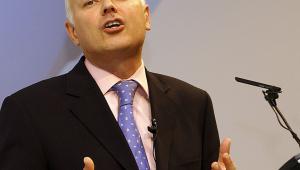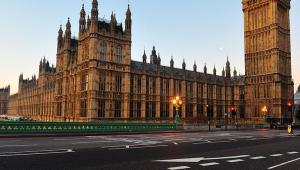Social justice secretary Alex Neil was forced to admit last week that a flurry of around 80 UK Government amendments to the Bill meant Holyrood does now have the power to offset Westminster tax credit cuts, and he promised to protect low-earning families from their impact. Labour and Conservative leaders in Scotland are piling on the pressure for detailed proposals.
Key changes in the amendments include wider powers for the Scottish Government to create new benefits or top up existing UK ones; and control over abortion law, one of the few health-related issues not already devolved.
The Scottish Government says it still lacks sufficient economic powers to manage Scotland’s finances in a balanced way. It claims that the Scotland Bill fails fully to deliver the spirit or letter of the Smith proposals, devolving control over just 14% of welfare spending. Westminster retains control of Universal Credit and, the Scottish National Party claim, effective vetoes over some fiscal options.
Even so, finance secretary John Swinney hinted strongly at the weekend that Scottish high earners will face a bigger income tax bill than their southern counterparts once Scotland gains power under the legislation to set rates and thresholds.
Interviewed on BBC’s Sunday Politics, Swinney drew a pointed parallel with his earlier reform of property transaction tax, which shifted the burden on to the shoulders of wealthier home-owners. He said: “We believe that people on higher earnings should pay their fair share of taxation.
“Where they are going to receive a substantial tax cut, as George Osborne has set out, there is an issue to be addressed as to whether that’s the right thing to do,” he added.
Osborne’s plans to raise the threshold at which higher rate income tax is paid is reckoned to be worth £1,300 a year to people earning upwards of £50,000.
Labour, under new Scottish Leader Kezia Dugdale, has gone on the offensive with a pledge to reverse UK government tax credit cuts, by foregoing both the Osborne tax boon for higher earners and Swinney’s plan to cut air passenger duty so as to attract more flights to Scottish airports. Labour puts the cost of reversing tax credit cuts at £335m next year, Swinney at £400m.
SNP MPs today made a last-ditch attempt to amend the Bill so as to give Holyrood full control over whether and when to call another referendum on Scottish independence. Labour and the Liberal Democrats were expected to vote with the Tories to defeat the SNP amendment.












